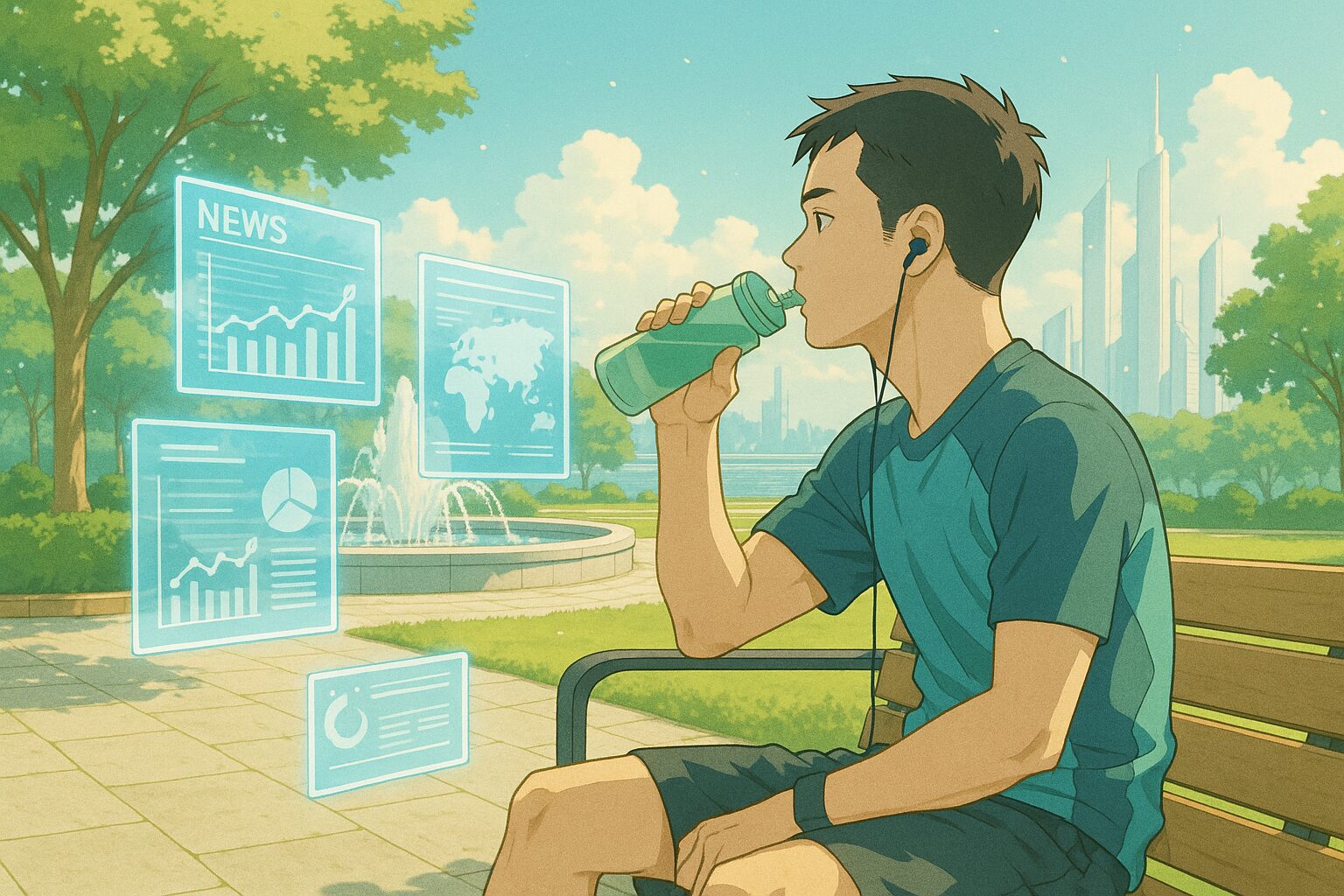The Day the Stars Disappear: A Future Where Satellites Take Away Our Night Sky?
The dream of a space internet is stealing our starry skies. Thousands of artificial satellites traverse the night sky, filling the window through which we once gazed at the stars with artificial light. If this trend continues, how will our night sky change?
1. Today’s News
Source:
Satellite Constellations Are Too Bright, Threatening Astronomy and Our Night Sky
Summary:
- Thousands of artificial satellites crossing the night sky are making it difficult to see the stars.
- The brightness of satellites exceeds international standards, troubling astronomers and star lovers.
- “Artificial light pollution” that taints the night sky is emerging as a new environmental issue.
2. Considering the Background
At the root of this issue is the demand for space internet and technological innovation. Aiming for global internet connectivity, companies are launching large numbers of satellites into low orbit. However, as a result, our daily enjoyment of the night sky is changing. This phenomenon raises the question of how we balance technology and nature.
3. What Will the Future Look Like?
Hypothesis 1 (Neutral): A Future Where Satellite Light Becomes Normal
As the number of satellites continues to increase, it may become a commonplace sight to see artificial satellites scattered across the night sky. Astronomers may change their observational methods, and the general public might get used to a slightly brighter night sky. For children looking up at the stars, the difference between “stars” and “satellites” may become blurred.
Hypothesis 2 (Optimistic): A Future Where New Developments in Astronomy Progress
With technological advancements, astronomers may develop more precise and efficient observational methods. New telescopes and algorithms that are unaffected by satellites might emerge, leading to new advancements in astronomy. This could deepen our understanding of the universe and advance new initiatives to protect the night sky.
Hypothesis 3 (Pessimistic): A Future Where Natural Night Skies Are Lost
If no measures are taken, the night sky may gradually become invisible. There is a risk of losing not only the impact on astronomy but also the mental peace and cultural value brought by gazing at the stars. A world may come where future generations grow up without knowing the beautiful night sky of the past.
4. Tips on What We Can Do
Thought Provocation Tips
- Let’s reconsider how we think about the coexistence of technology and nature.
- We should regularly consider how our choices impact the environment.
Small Practical Tips
- Join activities to reduce artificial light to protect the night sky.
- Participate in local astronomy events to help spread the value of the night sky.
5. What Would You Do?
- How should we think about the evolution of technology and the harmony with nature?
- Have you thought about specific actions to protect the night sky?
- Share your memories of the most beautiful night sky you’ve seen.
What kind of future do you envision? Please let us know through social media quotes or comments.









